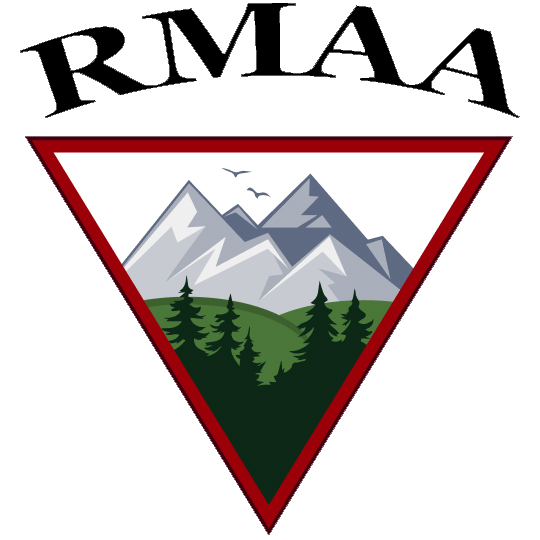Last fiscal year (July 1, 2024 through June 30, 2025), the Division of Real Estate received 1,351 complaints against the licensees that the Division regulates through its three boards. The Real Estate Commission (“CREC”) received 1,110 complaints against the real estate brokers, including brokerage firms. The Board of Real Estate Appraisers (“BOREA”) received 68 complaints against real estate appraisers and appraisal management companies. Finally, the Board of Mortgage Loan Originators (“BMLO”) received 173 complaints against mortgage loan originators and mortgage companies. At the end of June 2025, Colorado had 50,241 real estate brokers, 2,902 real estate appraisers, and 19,152 mortgage loan originators. While one may consider the odds of getting a complaint filed against a professional license to be relatively low, this advisory is to explain how the Division investigates complaints and what can happen if you do not participate in the complaint process.
When the Division receives a complaint, it is first reviewed to determine whether one of the Division’s boards (CREC, BOREA, or BMLO) possesses jurisdiction over the subject matter of the complaint. If the complaint does not fall within the Division’s jurisdiction, the complaint is dismissed. The Division will notify the complainant that the Division does not have jurisdiction. In this case, if a licensee was identified in the complaint, the Division does not notify the licensee that a complaint was filed or that it was dismissed due to no jurisdiction. One example of a dismissal due to lack of jurisdiction would be a consumer who files a complaint because a licensee was rude. Rudeness, or a general lack of people-skills, is not regulated by the Division. That complaint would be dismissed at the time the complaint is initially reviewed by the Division. The complainant would be notified that the Division is not investigating the complaint due to a lack of jurisdiction. Conversely, if the complaint is within CREC’s, BOREA’s, or BMLO’s jurisdiction, the complaint will be assigned to an investigator.
Once a complaint is assigned for investigation, the Division will notify the complainant and the respondent (the licensee against whom the complaint was filed) that the complaint will be investigated. The investigator’s role is as a neutral fact finder. In most cases, the respondent will receive a copy of the complaint that was filed against them. Each of the Division’s boards may open complaints on their own motion. When that occurs, the investigator will provide a summary as to why the complaint was opened. CREC, BOREA, and BMLO each have regulations that require a licensee to respond to a complaint and provide specific information. A respondent who fails to respond to a complaint, or fails to provide the requested information, may be subject to license discipline.
After the investigator receives the respondent’s response and corresponding documents, the investigator will review the materials. As necessary, the investigator will obtain evidence from other sources (e.g. title companies, financial institutions, other licensees) and conduct interviews. An interview with the respondent is very important because it provides the licensee with an opportunity to explain what happened and also explain how the licensee manages professional responsibilities. The investigators record their interviews so that the respective board or commission can listen to the interviews. The board and commission find this information to be invaluable. From an interview, the board or commission can assess whether the licensee’s practices align with others in the industry and comply with the professional standards. Interviews also help the board and commission members assess whether the respondent assumes responsibility for their actions, if the respondent is remorseful, and if there are other mitigating factors that should be considered when looking at the broader context of the complaint.
Once the investigator has completed the investigation, the investigator will document their investigative findings. If it appears that there may have been a violation of the license law, an investigative report will be written for the respective board or commission to review prior to their scheduled public meeting. CREC, BOREA, or BMLO are responsible for determining whether a violation of the license law has occurred, and what the appropriate action would be against the respondent’s license. The Division has seen respondents who have waited to provide a response or the requested documents, or who have refused to be interviewed by the investigator, until after the complaint and investigation have been presented to the board or commission for a disciplinary decision. Waiting until that late in the complaint process to engage with the investigator is not a strategy for success. The Division does its best to address complaints in a timely manner. This includes the timely litigation of disciplinary cases. Creating unnecessary delays, withholding pertinent information, or engaging in deceptive conduct (e.g. lying to the investigator or the board’s representative, altering documents, etc.) are behaviors that may also influence the board or commission’s decisions about the type of discipline that may be imposed against a license.
The Division’s investigators understand that having a complaint filed against one’s license can be stressful and providing the required information can be time consuming. If a respondent needs an extension of time to provide a response or documents, or is encountering challenges during the investigative process, the Division encourages the respondent to communicate those concerns with the investigator. Neither the Division, nor its employees, can provide legal or practice guidance. If a complaint is filed against one’s license, the licensee may want to consider engaging an attorney to assist them with navigating this process. All licensees regulated by the Division are required to maintain a policy of errors and omissions (E&O) insurance if the license is active. When a licensee is notified that a complaint has been filed against them and is under investigation, the licensee may want to contact the E&O carrier to see if an attorney will be assigned to represent them or if the policy will offer coverage.

Recent Comments